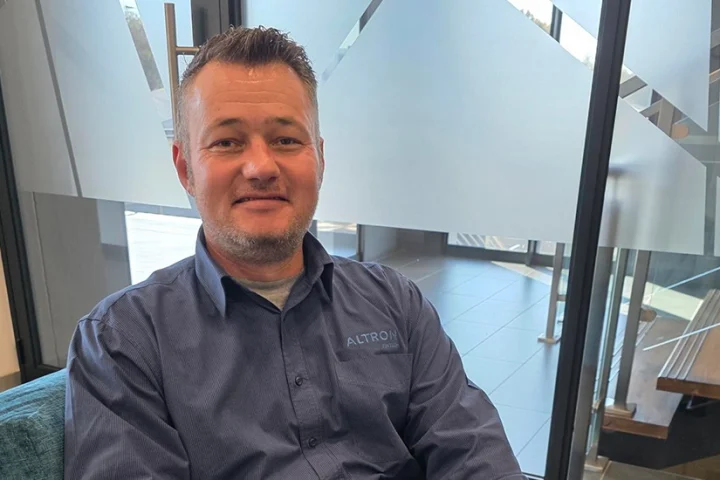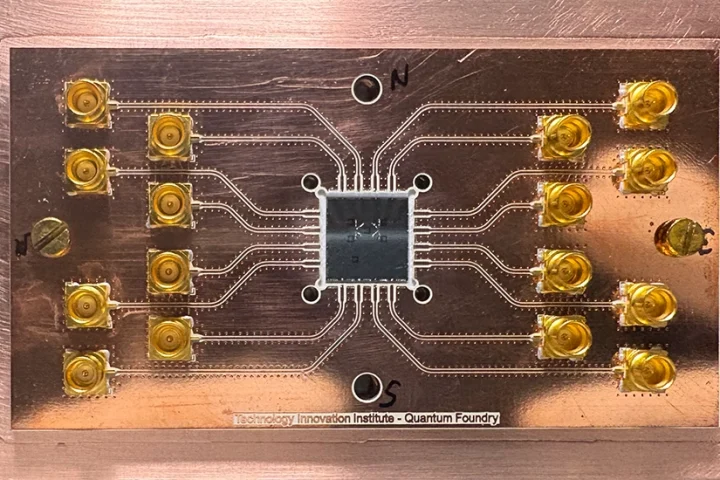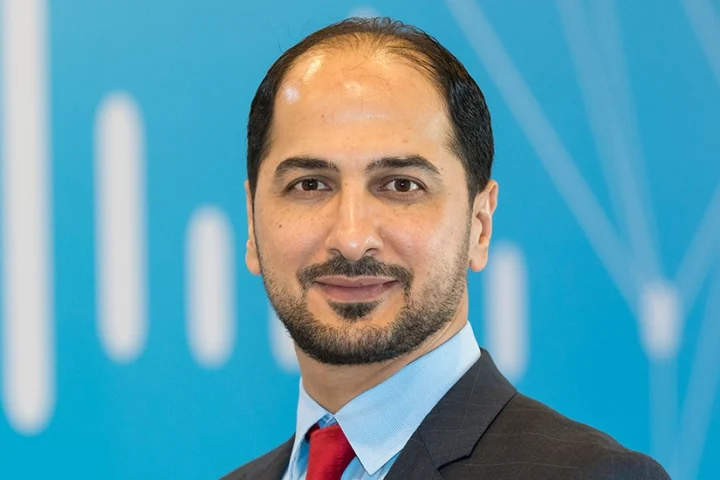Within ten years your medical check-up could involve more interaction with sensors, cameras and robotic scanning devices than human doctors and nurses, as healthcare organisations re-build services around the Internet of Things (IoT), according to a new report by Aruba, a Hewlett Packard Enterprise company.
The ‘Building the Hospital of 2030’ report, features the results of interviews carried out with senior healthcare leaders and futureologists. It explains both the likelihood, and the need, for the healthcare industry to creater smarter workplaces that incorporate mobile, cloud and IoT technology, and explores the ways in which this will transform the patient experience and improve clinical care.
The study makes five key predictions for how the industry will transform by 2030, including:
Patient self-diagnosis: Using app-based and wearable tools to monitor your health and even carry out your own scans, patients will finally have the ability to self-diagnose a wide number of conditions at home, without needing to visit a surgery or hospital; The automated hospital: Hospital check-in will feature imaging technology that can assess your heart rate, temperature and respiratory rate from the moment you walk in, followed by sensors that can perform a blood pressure and ECG test within 10 seconds, and lead to an automatic triage or even diagnosis right there and then; Health professionals double their free time: Doctors and nurses, who are currently spending up to 70% of their time on administrative work, will be able to quickly analyse scans or patient records via their mobile device, freeing up huge amounts of their day to focus on patient care; Digital data repositories: Devices will automatically integrate with your digital patient records, automatically updating on your condition and treatment, giving caregivers a richer, real-time, readily-accessible data to make more better decisions; Acceptance of AI: As artificial intelligence (AI) starts to play an increasing role in diagnosis and treatments, public support will grow to the extent that you will be willing to be diagnosed by machine – provided that services are designed and implemented around patients, the benefits are explained, and permission is sought.
Morten Illum VP EMEA at Aruba, concludes: “The rise of digital health services is about improving patient experiences, and increasing accuracy and quality of care. Above all else, that is what we think healthcare providers and members of the public should be excited about. But data security risk is emerging as one big challenge here. That’s why these changes take time to deploy, and we expect to see healthcare companies partnering with technology providers to negotiate both technological and cultural change in the coming years. With the benefits that are on offer, it is certainly worth the effort.”

















